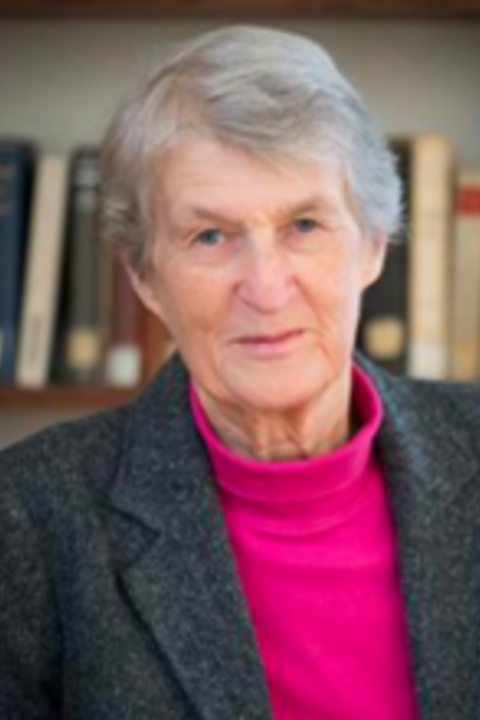All scheduled conference events will take place in Humanities Quadrangle 276 (320 York Street)
Oct. 25
1:30-2 Welcoming Remarks
2-3:45 Panel 1: The Soviet Novel and Its Legacies
Chair: Peter Holquist (University of Pennsylvania)
Discussant: Roman Utkin (Wesleyan University)
- Maria Sidorkina (UT-Austin), “Centripetal Politics vs Centrifugal Meanings in Platonov’s 1920s Novels”
- Devin Fore (Princeton), “Little Heroes and Big Deeds: Narrative Technique in the Cultural Revolution”
- Lilya Kaganovsky (UCLA), “Boy gets tractor, plus or minus girl: gender vs genre in the Soviet Novel”
- Mark Lipovetsky (Columbia), “Tricksters in Socialist Realism: Permissible Spontaneity or Fake Consciousness?”
3:45-4:15 coffee break
4:15-5 The Many Faces of Chingiz Aitmatov: a book manuscript presentation by Peter Holquist, Katie Trumpener (Yale University), and Nancy Condee (University of Pittsburgh): on the manuscript of Katerina Clark’s last book.
5:15-6:45 Keynote address: “Memories of a Friendship,” by Sheila Fitzpatrick, Professor, Australian Catholic University; Distinguished Service Professor Emerita, University of Chicago.
Abstract: Katerina and I were born in the same month in the same Australian city to parents who knew each other. In our early 20s, we both - though separately - went to the Soviet Union to study. Later, we both worked in United States, our paths crisscrossing in different but closely related fields of Soviet studies. It was a lifelong friendship, and moreover a unique one: for each of us, the other was the friend who, sharing all three strands of our lives (Australian, American, Soviet/Russian), never had to have anything explained.
6:45 Catered dinner
Oct. 26
8-9 Breakfast
Twenty-three boxes of books from Katy’s library will be available for perusal/ adopting in HQ 342 (3rd floor of HQ, where the conference is held)
9-10:45 Panel 2: Revisions of Literary and Cultural History
Chair: Anastasia Kostina (Columbia University)
Discussant: Masha Shpolberg (Bard College)
- Elizabeth Papazian (University of Maryland), “Sleeping with a copy of Cement under your pillow, Or, high and low in the study of culture”
- Bella Grigoryan (University of Pittsburgh), “Reading 18th-century Russian Literature Circa 1933.”
- Caryl Emerson (Princeton), “Katy’s Bakhtin”
- Daria Ezerova (Cambridge University), “Discovering Moscow with Katerina Clark”
10:45 coffee break
11-12:45 Panel 3: Soviet Culture as World Culture
Chair: David Engerman (Yale University)
Discussant: Michael Denning (Yale University)
- Benjamin Baer (Princeton University), “Fellow Travelers”
- Michael David-Fox (Georgetown University), “Katerina Clark’s Ecosystem”
- Masha Salazkina (Concordia University), “From Literary Commons to World Cinema: Eurasia Without Borders and Methodologies of Transnational Film Studies”
- Jane Sharp (Rutgers), “Rethinking Moscow’s Thaw: Abstraction in the Khrushchev Era”
12:45-1:45 Lunch
1:45-3:30 Panel 4: Beyond Russian
Chair: Viktoria Paranyuk (Pace University)
Discussant: Samuel Hodgkin (Yale University)
- Raisa Sidenova (Newcastle University), “Kyrgyz Documentary Between Center and Periphery”
- Rossen Djagalov (NYU), “Peaking during Stagnation: Multinational Soviet Literature on the Pages of the Friendship of the Peoples Magazine.”
- Michael Kunichika (Amherst College), “Cultural Criticism and the Moment of Anti-Imperialism”
3:30-4 coffee break
4-5:30 Keynote address: “Reading the Unreadable, or How Katerina Clark showed us the Beauty of All the Wrong Things,” by Nancy Condee, Professor, University of Pittsburgh
Abstract: Encouraging us to read in ways entirely different from what we had been taught, Katerina Clark went on to support our consideration of things we had been taught to dismiss. Rummaging alongside her, we found new ways of thinking that have helped to reshape Slavic studies.

